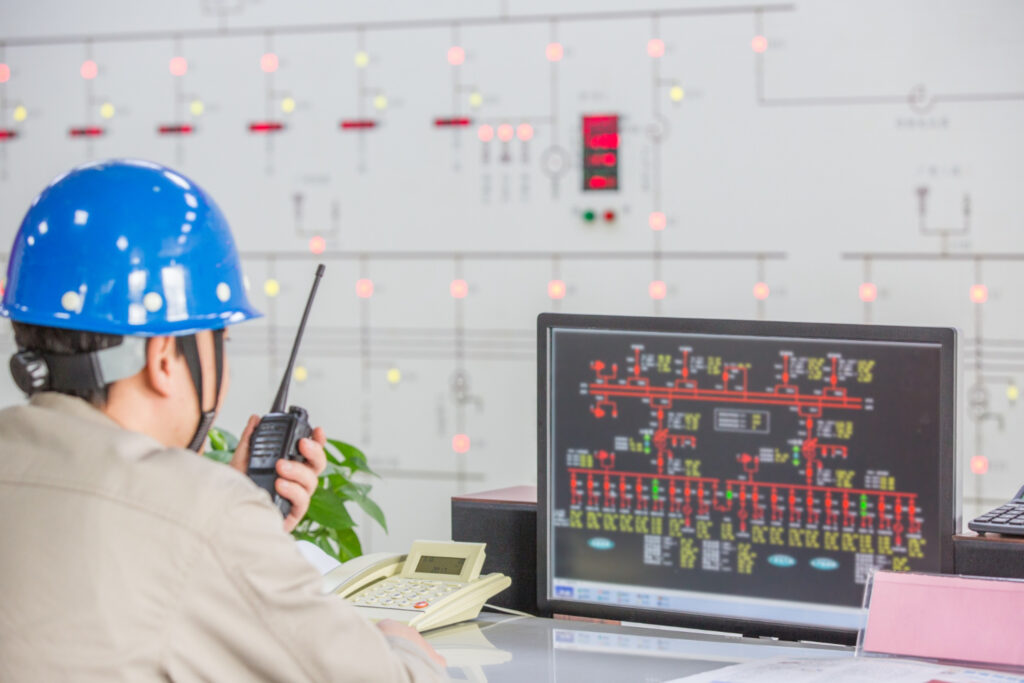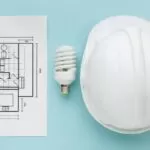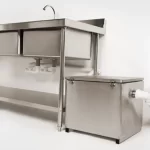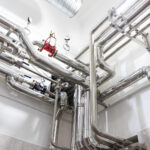Energy efficiency is a critical concern for business owners in Texas, especially those who own commercial buildings. With the increasing focus on sustainability and the rising costs of energy, adopting effective strategies for Energy-Efficient MEP engineering becomes imperative. In the Lone Star State, where the climate can be both scorching and chilly, optimizing the building’s systems is not just a matter of cost-effectiveness but also a key contributor to environmental responsibility.
Table of Contents
Understanding the Landscape: Texas Climate and Building Demands
Texas, known for its diverse climate, presents unique challenges for building owners. From the sweltering heat of summer to occasional winter freezes, the HVAC (Heating, Ventilation, and Air Conditioning) systems bear a significant load. Optimizing these systems is paramount to ensuring a comfortable indoor environment while minimizing energy consumption.
The Challenges of Texas Climate: The Texan climate demands adaptive HVAC systems capable of handling extreme temperatures. Summers can be brutal, with temperatures soaring above 100 degrees Fahrenheit, necessitating robust cooling solutions. Conversely, winter brings occasional cold snaps, requiring efficient heating systems. Striking the right balance is crucial for maintaining occupant comfort and minimizing energy expenditures.
Key Strategies for Energy-Efficient MEP Engineering in Texas
Optimizing HVAC Systems: In Texas, HVAC systems are the backbone of building comfort. Upgrading to energy-efficient models can significantly reduce energy consumption. Variable refrigerant flow (VRF) systems, for instance, offer precise control over temperature in different building zones, ensuring energy is not wasted in unoccupied areas.
Strategic Lighting Solutions: Lighting plays a pivotal role in any commercial building. Implementing LED lighting systems is a straightforward yet impactful strategy. LED lights consume less energy, last longer, and emit less heat than traditional lighting options. Occupancy sensors and daylight harvesting technologies can further enhance efficiency by adjusting lighting levels based on actual needs.
Smart Building Automation: Investing in smart building automation can revolutionize energy management. Automated systems can optimize HVAC, lighting, and other energy-consuming components based on real-time data. This not only enhances energy efficiency but also provides valuable insights for continuous improvement.
Insulation and Building Envelope: Texas’ climatic extremes underscore the importance of a well-insulated building envelope. Proper insulation helps regulate indoor temperatures, reducing the workload on HVAC systems. Windows with low-emissivity coatings can mitigate heat transfer, preventing excessive heat gain during summers and heat loss in winters.

The Economic Impact: Energy Efficiency as a Cost-Effective Measure
Reducing Operational Costs: While the initial investment in energy-efficient MEP engineering solutions might seem substantial, the long-term benefits are significant. Reduced energy consumption translates directly into lower operational costs. Building owners can recoup their investment over time through lower utility bills and operational expenses.
Financial Incentives and Tax Credits: Government incentives and tax credits can further sweeten the deal for building owners adopting energy-efficient practices. In Texas, various programs encourage businesses to invest in sustainable initiatives. Understanding and leveraging these incentives can significantly offset the initial costs of implementing energy-efficient MEP solutions.
Overcoming Challenges: Practical Considerations for Texas Building Owners
Balancing Cost and Performance: One common challenge faced by building owners is finding the right balance between upfront costs and long-term benefits. It’s essential to conduct a thorough cost-benefit analysis, considering factors like energy savings, maintenance costs, and potential incentives.
Adapting to Technological Advances: The field of MEP engineering is dynamic, with continuous technological advancements. Building owners must stay informed about emerging technologies and trends to ensure their systems remain at the forefront of efficiency. Regular assessments and updates can help maintain optimal performance over time.
Conclusion
In conclusion, implementing energy-efficient MEP engineering strategies is not just a prudent financial decision for Texas building owners but also a vital step toward a sustainable future. The state’s dynamic climate requires adaptive solutions, and by embracing technology, optimizing systems, and considering the long-term economic benefits, business owners can position themselves as leaders in energy efficiency. As Texas continues to grow, the responsible management of resources becomes increasingly critical, and investing in energy-efficient practices is undoubtedly a step in the right direction.




